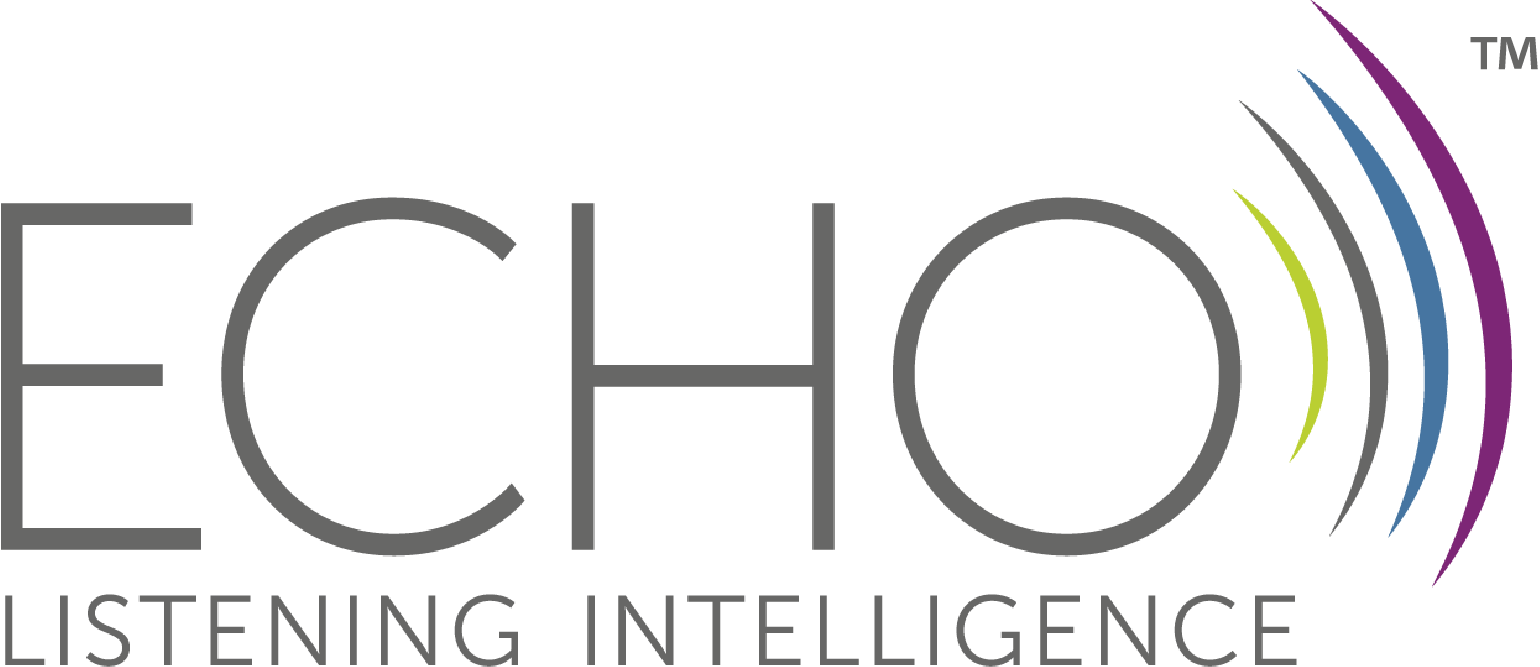Do you remember the telephone game?
A group of people (usually kids at a birthday party or summer camp) sit in a circle. One person starts the game by whispering a sentence into the ear of the person next to them. That person whispers it to the person sitting next to them, and so on around the circle. In a big reveal, the last person to receive the message announces what they heard. Laughs erupt. By the time the sentence has made it around the circle, it has changed considerably, often in silly ways.
The game is also an excellent activity for adults participating in communications training. I’ve used it to make a point about encoding and decoding and message clarity. Even among articulate professionals who are well versed in active listening, it’s difficult to hear and relay the message accurately. The big reveal usually gets a laugh.
If our listening skills often fail us when focused on a single sentence, what does that say about our ability to listen well during the conversations, meetings, presentations, and other interactions that fill our workday?
Researchers have calculated that we spend about three-quarters of our waking hours engaged in some form of communication, and more than half of that involves listening.
Even though reading, writing, and speaking combine to make up the remainder, those are the skills our school and college coursework tend to focus on. Listening skills are rarely, if ever, part of the standard curriculum.
Furthermore, we take in about 450 words a minute, or 20,000 to 30,000 words a day, yet we only retain about 25 percent of that information. There’s a good reason for this, of course—much of what we hear isn’t important enough for our brains store away (random pop-song earworms aside).
But for leaders, the goal isn’t necessarily retention—it’s engagement. How do we get better at that?
It’s common for communication training to emphasize active listening—indeed, it’s a centerpiece skill in many of our Dion Leadership training courses. Active listening involves focusing our attention not only on the words others say, but also the energy and emotion behind them in order to take in the complete message. Body language, verbal affirmations, questions (NOT interruptions), patience, trust-building, and empathy are all part of active listening.
Although the concept has been around for decades, it’s particularly relevant to the needs and expectations of the current workforce. Now more than ever, employees want to feel cared for, understood, and appreciated in a time when technology and other factors have radically changed how we engage with each other. By developing active listening skills, leaders are better equipped to navigate that landscape. Our courses reflect this concept, offering learners opportunities for practice and feedback before sending them back to the job to apply and develop their active listening skills.
Problem solved, right? Not exactly.
I was recently introduced to the concept of Listening Intelligence. Listening is a cognitive process, and Listening Intelligence is the awareness of individual listening habits and how they are influenced by the “filters” through which our brains take in what we hear.
Recall a previous meeting with a group of colleagues. You may have noticed that some of your colleagues perk up when they hear statistics and facts. Others try to connect with the speaker by nodding in agreement. Some are eager to share their own thoughts and new ideas. Other colleagues seem most concerned about what the topic being discussed means for them.
You may be able to identify people who fall into those four categories, and you can probably determine which one or two you tend to relate to most often. None of these filters is “better” or “right,” and none of them is absolute—all of us listen all of these ways. Because our brains are unique, so are our habits and preferences.
Building stronger Listening Intelligence begins with self-awareness.
When we’re aware of our habits and preferences, we are not only better able to understand our own tendencies as a listener—and adjust accordingly when needed—but we can better tailor our messages to others. The ECHO Listening Profile can help leaders identify which of four listening habits they tend to rely on: Connective, Reflective, Analytical, or Conceptual.
The profile is the foundation of our four-part LIFT (Listening Intelligence for Leaders & Teams) training. The first three modules of the program enable learners to explore their own listening preferences, recognize others’ listening preferences, and adapt messages to diverse circumstances and different people. The fourth module shows teams how to leverage the dynamics and diversity of their group listening preferences to improve team performance. Learners from individual contributors to senior executives can use these insights to become more influential, effective, and engaged leaders—not to mention much better at the telephone game.
Are you ready to improve communication through better listening among your workforce? Please join us for our September 13th webinar when we will discuss the cost of poor listening and what you can do about it. We would also be happy to schedule a call so we can discuss how to bring Listening Intelligence to your organization.



